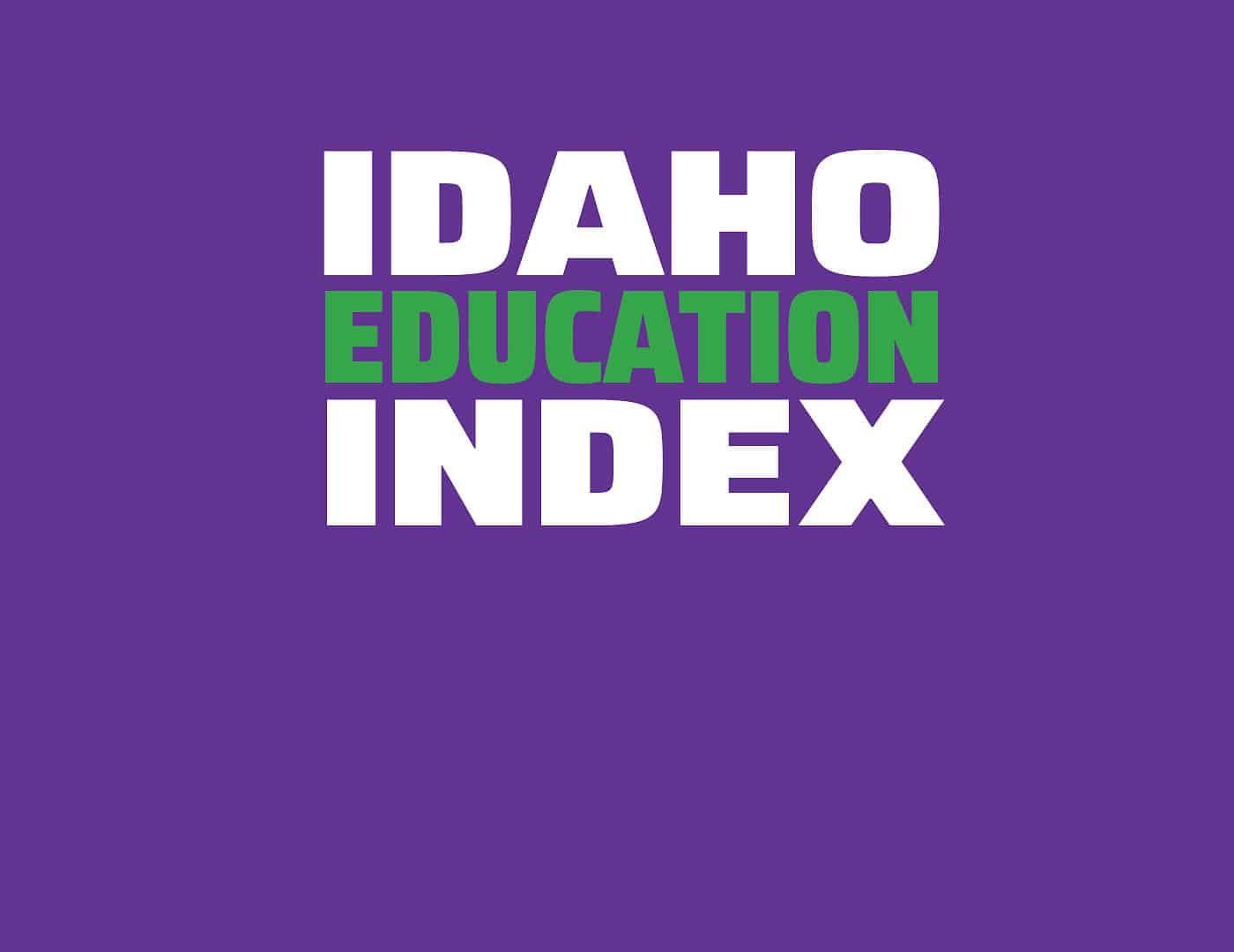


Bill Description: House Bill 267 would establish the Idaho Career Ready Students (ICRS) Program, which would be dedicated to expanding the capacity of rural communities to offer career technical education (CTE) to students in seventh through twelfth grade.
Rating: -3
Does the bill expand the existing government monopoly on education and shrink family and student choice or agency? (-) Conversely, does the bill expand the ability for families and students to choose the educational options that best meet their needs free of government intervention or coercion? (+)
House Bill 267 would expand the existing government monopoly by creating a new council, the Idaho Career Ready Students (ICRS) Program Council, within the State Department of Education (SDE). This council would be responsible for creating a process to accept ICRS proposals from school districts, determining eligible program expenses, and awarding grants under the program.
(-1)
Does the bill finance education based on the student rather than the institution? (+) Conversely, does the bill finance education based on an institution or system? (-)
According to the fiscal note, House Bill 267 would increase spending on the public education system by $50 million. Of this spending, $45 million would be added to the ICRS Program fund, which can be used for capital building projects and “initial investments for partnerships between local education agencies, local industry, and, as practicable, community colleges.” The additional $5 million will be used for an added-cost support program, which would be administered by the State Board of Education. The money would be given to school districts “for operating and instructor expenses beyond those normally encountered for secondary-level career technical education programs.”
(-1)
Does the bill allow schools to be more flexible, improve feedback mechanisms, and decentralize decisions to the family or individual level? (+) Conversely, does the bill add to the existing education bureaucracy? (-)
House Bill 267 would add to the existing education bureaucracy by creating a new government education program called the Idaho Career Ready Students (ICRS) Program. This program would be dedicated to making “additional opportunities for career technical education programs across Idaho that are responsive to community and statewide workforce needs while preparing Idaho secondary students in grades 7 through 12 for careers after graduation.” The ICRS Program would be established in the SDE and administered by the Idaho Career Ready Students (ICRS) Council. Although the ICRS Program would be tasked with being responsive to the needs of the local community, expanding the government education bureaucracy would result in a reduced role for families and communities in providing CTE, if desired.
(-1)
Does the bill create more transparency or accountability in public education institutions? (+) Conversely, does the bill reduce transparency and accountability in such institutions? (-)
House Bill 267 would incorporate some transparency measures around the proposed ICRS Program and added-cost support program. The State Superintendent of Public Instruction, who would serve on ICRS Program Council, would be tasked with reporting to the Legislature, the governor, and the State Board for Career Technical Education about the administration and outcomes of the program. The Division of Career Technical Education, part of the State Board of Education, would need to report annually to the Joint Finance-Appropriations Committee, the House Education Committee, and the Senate Education Committee regarding the added cost funding.
(+1)
Does the bill reinforce the idea of equal treatment under the law, merit, individual responsibility, personal agency, and expectations of academic excellence? (+) Conversely, does the bill allow for any type of discrimination against, or grant preferential treatment to, any individual or group for any purpose on the basis of race, sex, color, economic class, ethnicity, national origin, geographic area, legacy status, or other identity group? (-)
House Bill 267 would grant favorable treatment to rural school districts. It would direct the new ICRS Council to give preference to school districts that submit ICRS proposals and “have challenges accessing resources to sustain high quality career technical programming for secondary students in grades 7 through 12, especially in rural communities.” All students should be able to equal access to CTE programs if they so choose.
(-1)


